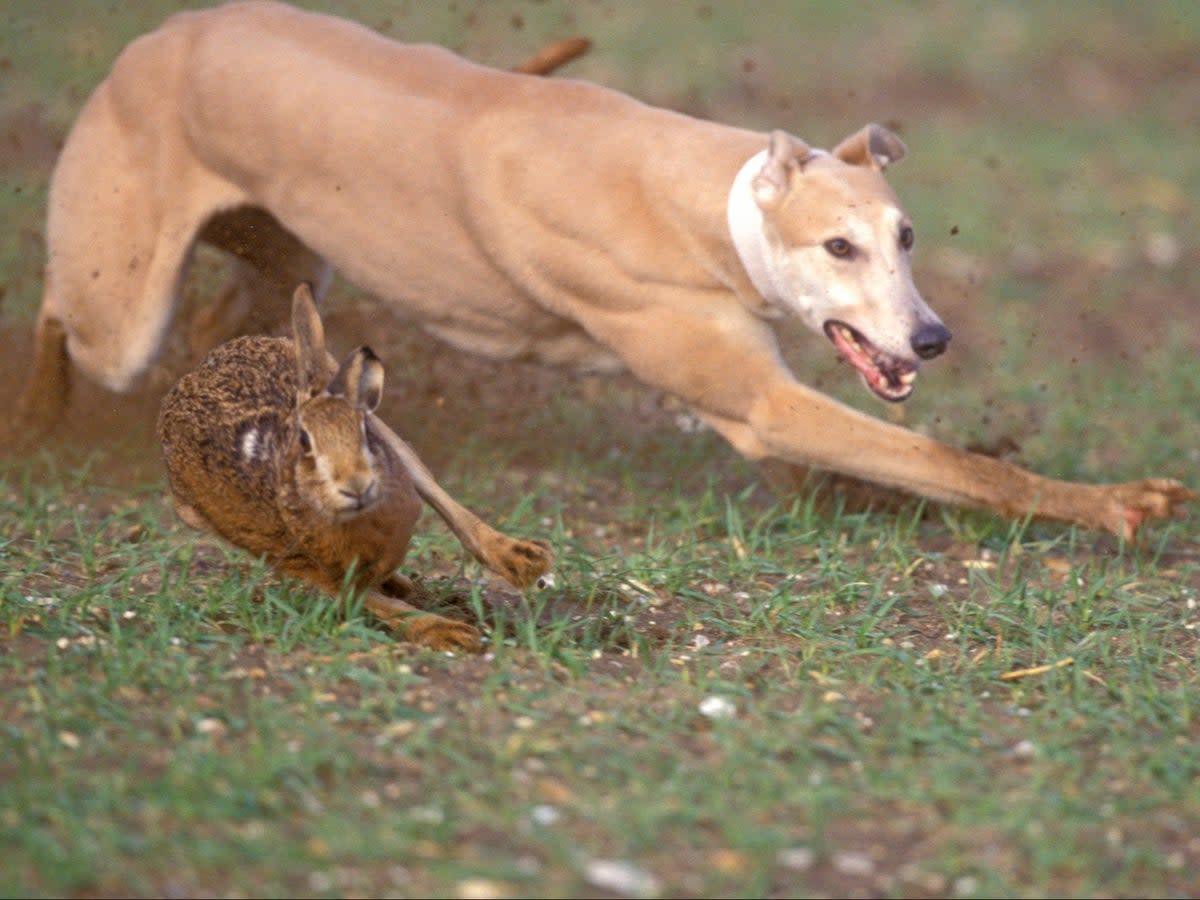Wildlife crime hits record high with badgers, bats and birds of prey targeted

Crime against wildlife has reached “record levels” following a surge in rates during Covid lockdown, according to a new report.
The range of offences include hare coursing, persecution of birds of prey, killing badgers and bats, and the disturbance of seals and dolphins, as well as the illegal trade in wildlife.
The Wildlife and Countryside Link – a coalition of 67 wildlife organisations including the RSPB, WWF and National Trust – said its annual Wildlife Crime Report reveals 1,414 wildlife crime incidents, up slightly from 1,404 a year earlier.
The report reveals that 42 defendants were convicted of hunting crimes, including the illegal hunting of foxes with dogs, up from 17 in 2020 and a previous high of 32 in 2016, but the authors said for hunting crimes more than half (53 per cent) of prosecutions were unsuccessful in securing a conviction in 2021.
This is compared to an 82 per cent conviction rate across all crime.
"A lack of training and resources is central to this issue," the report’s author’s said.
The report separately examines figures for crimes recorded in fisheries, with 3,337 fisheries crime reports in 2021, down from 4,163 in 2020.
The authors of the report warned that current government action may be weakening environmental protections and exposing the natural world to greater risk.
In particular, the government’s controversial Retained EU Law Bill, which is fast-tracking the cutting of around 2,400 laws which originated from the EU by the end of the year, could result in many protections for species and ecosystems being lost, the campaigners warned.
Instead, they are calling for wildlife crimes to be officially recorded by the Home Office, as they say this will help police forces strategically plan operations against such crimes.
They are also calling for "better training and resources for police forces and prosecution teams", as convictions for wildlife crimes remain at very low numbers.
For example, the report reveals that reports of raptor persecution rose to their second highest on record in 2021, to 302 incidents. This resulted in just three convictions, but this tiny figure is more than any other over the past six years.
Dr Richard Benwell, chief executive of the Wildlife and Countryside Link, said: “Wildlife crime soared during the pandemic and remained at record levels this year. Progress on convictions is positive, and we welcome Defra’s efforts to stiffen sentencing, but overall that is of little use while the rate of successful prosecutions remains so low.
“The snapshot in our report is likely to be a significant under-estimate of all kinds of wildlife offences. To get to grips with these cruel crimes, the Home Office should make wildlife crime notifiable, to help target resources and action to deal with hotspots of criminality."
He added: “The Retained EU Law Bill threatens to be a serious distraction, and could even lead to important wildlife laws being lost. Instead, seven years on from its publication, the government should implement the Law Commission’s 2015 wildlife law report.
"Surely it is better to spend time and money improving laws that are as much as two centuries old, than wasting time reviewing effective environmental laws under the REUL bill.”
Martin Sims, chair of Link’s wildlife crime working group, said: “We must empower police forces to act on wildlife crime.
"We already see how, with proper resources and training, a real difference can be made in the work against awful crimes like hare coursing. It’s the counties with well-funded and resourced projects in place where we’re seeing the most positive progress.
"Also essential to efforts to better protect our wildlife is making wildlife crime notifiable, and recorded in national statistics. This would better enable police forces to gauge the true extent of wildlife crime and to plan strategically to address it.”
A Defra spokesperson told The Independent: “We are clear those found guilty of harming animals should be subject to the full force of the law, which is why we have doubled funding for the National Wildlife Crime Unit to over £1.2 million for the next three years – supporting them to provide intelligence and advice to police forces to protect our precious animals.
“Significant sanctions are available to judges to hand down to those convicted - most wildlife crimes carry up to an unlimited fine and/or a six-month custodial sentence.”

